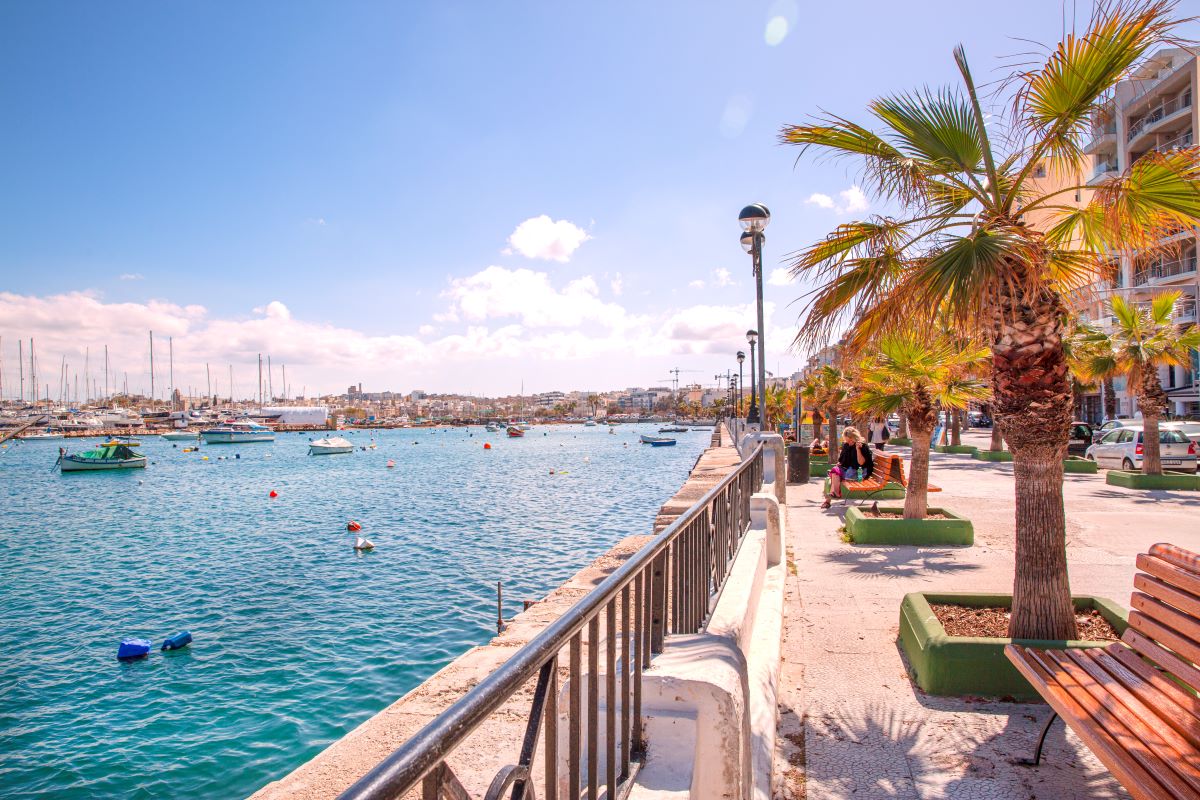Malta offers several residency schemes to those wishing to take up legal residence in Malta, all of which grant holders full flexibility in their travel to and from the islands, and confer the right to move freely in the 26 countries of the Schengen Area without any visa requirements for up to 90 days in each 180-day period.
Permanent residents can also freely repatriate any capital or income from sale of property or encashment of investment.
Beyond that, however, there are important differences related to the eligibility, application requirements, and tax implications (bearing in mind that Malta does not impose any wealth, inheritance, estate, or gift taxes).
Citizenship
Residents gain the right to apply for Maltese citizenship by naturalisation after they have lived in Malta for five years. Applicants must have resided in Malta in the 12 months preceding the application date, and for any four years out of the preceding six. They must also be able to communicate in English (or Maltese, which, while commendable, is not for the faint-hearted). Citizenship is granted by the Minister responsible, who has full discretion to accept or refuse any application
The Malta Permanent Residence Programme
As the flagship residency-by-investment scheme, the Malta Permanent Residence Programme (MPRP) is a relatively straightforward affair based on property investments and government contributions. Applicants may include up to four generations of their family in their application, which is processed within four to six months from the date of submission, given that it is filled in completely and correctly.
MPRP tax implications
Residence holders through the MPRP may fall under statutory Maltese tax rules, with eligibility determined by the domicile, ordinary residence, and source of income. Professional financial advice is essential to extract maximum benefit from the potential afforded by this arrangement while ensuring full compliance with the law.
MPRP eligibility criteria
Nationality: Applicants must be citizens of a country that is not in the EU or EEA, and cannot be Swiss. They also cannot be citizens of countries currently subject to international sanctions. It is recommended to refer to the MPRP FAQ on the Residency Malta website for an up-to-date list of such countries.
Capital: Applicants must present proof of ownership of capital assets of at least €500,000, out of which a minimum of €150,000 must be liquid financial assets like stocks, bonds, funds, and bank deposits (but not cryptocurrency).
Income: Proof of sufficient financial resources to maintain themselves and their dependents without recourse to social assistance must be presented.
Background check: Applicants must have a clean criminal record, and must not pose any threat to national security, public policy, public health, or public interest.
MPRP application
Application and duration: An application must be submitted through a Licensed Agent. As the name implies, the MPRP offers permanent residence rights to beneficiaries, as long as the conditions continue to be met, with the permit renewable every five years.
Property: Upon approval, applicants are obliged to either rent or purchase property in Malta. Rent must be a minimum of €10,000 in the south of Malta/Gozo or of €12,000 in the rest of Malta. Purchased property must have a minimum value of €300,000 in the south of Malta/Gozo or €350,000 in the rest of Malta. This qualifying property must be held for a minimum period of five years. Renters may switch their lease for a purchased property during this time, but an owner cannot switch to a lease.
Application fee and government contribution: Applicants must pay a non-refundable application fee of €40,000. Additionally, a contribution of €28,000 (if purchasing a property) or €58,000 (if renting) must be paid to the government. This covers the main applicant, their spouse, and any non-adult children. Other dependents, including adult children, are subject to an additional contribution of €7,500 each.
Donation: Applicants must make a donation of €2,000 to a local philanthropic, cultural, scientific, artistic, sport, or animal welfare association registered with the Commissioner of Voluntary Organisations.
Applicants must also be in possession of a valid travel document, comprehensive health insurance, and, when travelling across Schengen, must take out travel insurance.
More information about the Permanent Residence Programme can be found on the website of its operator, Residency Malta, a dedicated government-run agency.
This feature was first carried in the Malta Invest 2023 edition. Malta Invest is the first-ever comprehensive international investment guide focusing on Malta as a destination. It is produced by Content House Group.
Employers take umbrage at video promoting public sector’s flexible work arrangements
The video outlines a range of flexibility options available to public sector employees
Malta’s inflation eases to 2.5% in January as food prices remain main driver
While overall inflation continued to moderate at the start of the year, price pressures remain uneven across categories
Final call for food and beverage manufacturers to exhibit at SIAL Paris
SIAL Paris is one of the world’s leading international food and beverage exhibitions






